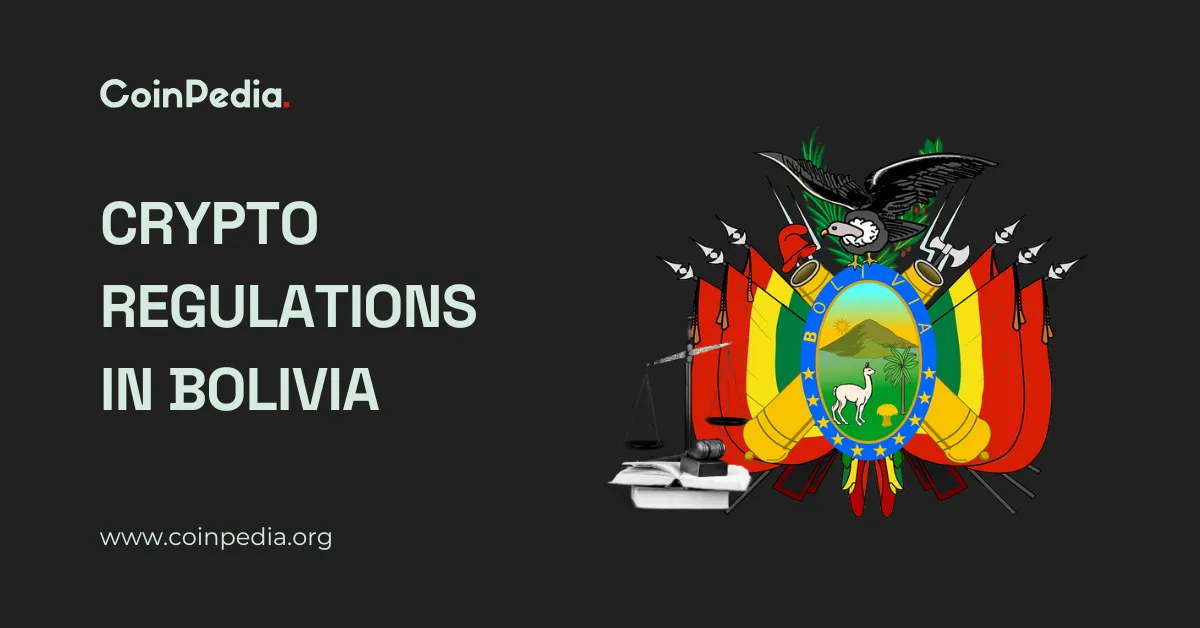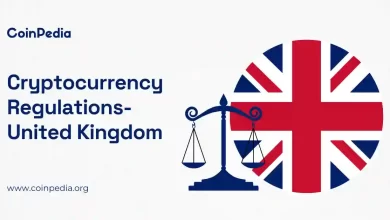
As of 2025, Bolivia’s crypto regulations are evolving dramatically, from a historical ban to allow banks to operate crypto. While trading or owning stablecoins has been legalized in Bolivia, their use for business payments is not permitted, and they are not considered legal tender. Stablecoins transactions in Bolivia are only allowed via an authorized bank.
Table of contents
Crypto Regulations in Bolivia 2025
July 30, 2025, Bolivia and El Salvador Unite to Form Crypto Framework
- The Banco Central de Bolivia (BCB), the central bank of Bolivia, signed a memorandum of understanding with the National Commission of Digital Assets (CNAD) of El Salvador to promote digital asset regulation.
- It covers a broad range of crypto policies, including blockchain intelligence tools, regulatory frameworks, and risk analysis models.
May 23, 2025 , YPFB Bans
- Executive Order 5399 bans the state-owned oil company from purchasing crypto to make payments.
- After the rise of stablecoin in the crypto market, the oil company’s traders tried to use crypto for profit dollar trading within the company. However, this statement was later denied by the YPFB president, saying they are not using crypto assets.
May 7, 2025, Supreme Decree No. 5384
- The Bolivian government confirms recognition of disruptive technologies– blockchains, tokenized assets, virtual assets, and Virtual Asset Service Providers (VASPs).
- Recognizes financial technological companies of the country, establishing a legal framework that enables startups and developing fintechs.
April 16, 2025- Resolution no. 019/2025
- Laid the groundwork for the initial recognition of virtual assets and virtual asset service providers (VASP).
- Marking a milestone by lifting the old restrictions and recognizing fintech developing frameworks.
Crypto regulation summary
| Date | Law | Details |
| May 23, 2025 | Ban YFPB crypto use | YPFB plans to use crypto for fuel imports; later banned by the government |
| June 26, 2024 | Resolution No. 82/2024 | Lifted crypto ban, allowed virtual assets |
| 2024 | Resolution No. 082/2024 | Supported crypto adoption for financial growth |
| 2022 | Crypto ban continues | Banks are not allowed to operate crypto transactions |
| December 15, 2020 | Resolution N° 144/2020 | Reaffirms the crypto ban |
| May 6, 2014 | Crypto Ban | BCB banned crypto to protect Bolivia |
What is the Bolivian government saying about crypto?
- Public awareness: After lifting the crypto ban in the country, the Bolivian government launched public awareness campaigns to teach people about crypto basics, risks, and how digital assets work.
- Consumer protection: The Central Bank of Bolivia (BCB) officials are drafting crypto regulations focusing on transparency, safety, and innovation. It aims to prevent crypto scams while balancing rules and technology.
- USD-pegged stablecoins: In March 2025, the BCB utilized USD-pegged stablecoins for cross-border payments, remittances, and trading. It also traded crypto exchanges as a store of value in countries with volatile local currency.
Crypto License in Bolivia 2025
Is there any crypto license in Bolivia? No, Bolivia does not have a specific crypto license. The government is currently prioritizing financial stability and capital preservation for digital assets. Hence, no license is required to conduct legal crypto activities in Bolivia.
Crypto tax in Bolivia 2025
- No capital gains tax: There is no specific tax legislation regarding crypto in Bolivia. While the standard taxes, like VAT/GST, are applied to goods or services purchased, crypto profits would likely be taxed under PIT (personal income tax).
- CIT: Hence, mining, staking, and other crypto-related activities will be subject to 25% corporate income tax (CIT) as business income and individual earnings via crypto are not taxed in Bolivia.
Crypto adoption rate in Bolivia 2025
- Dynamic growth– After lifting the crypto ban in 2024, Bolivia reported a 100% rise in virtual asset trading, becoming one of the most dynamic Latin American regions for cryptocurrency adoption.
- Present adoption rate– Currently, the crypto adoption rate in Bolivia is 3.5%, with a continuously evolving state of digital assets in the country. In 2024, Bolivia reported around $15.6 million worth of assets traded between July and September.
- Crypto holdings: The Bolivian government has not publicly disclosed its crypto holdings; the government’s focus remains on facilitating transactions rather than accumulating digital assets.
Also Read: Crypto Regulations In Chile 2025
Conclusion
By regulating cryptocurrency in the country, Bolivia aims to maintain stability and innovation in its fintech market. However, its ban on using crypto in energy transactions is to prevent the instability that the digital assets could bring to its energy sector. While the Bolivian government is addressing the risks associated with crypto, it is also crucial for them to recognize the potential benefits to harness the full potential of cryptocurrency in the country’s economy.
Never Miss a Beat in the Crypto World!
Stay ahead with breaking news, expert analysis, and real-time updates on the latest trends in Bitcoin, altcoins, DeFi, NFTs, and more.
FAQs
Yes, owning and trading stablecoins is legal in Bolivia as of 2025. While not legal tender, banks are now permitted to operate crypto transactions, a significant shift from a historical ban.
Bolivia has no specific capital gains tax on crypto for individuals. Profits from crypto-related business activities like mining and staking are subject to a 25% corporate income tax (CIT).
The Central Bank of Bolivia (BCB) is the primary body. It sets regulations, allows banks to handle crypto transactions through authorized electronic channels, and is involved in public awareness and consumer protection. The Financial System Supervisory Authority (ASFI) and the Financial Investigations Unit also play roles.
Trust with CoinPedia:
CoinPedia has been delivering accurate and timely cryptocurrency and blockchain updates since 2017. All content is created by our expert panel of analysts and journalists, following strict Editorial Guidelines based on E-E-A-T (Experience, Expertise, Authoritativeness, Trustworthiness). Every article is fact-checked against reputable sources to ensure accuracy, transparency, and reliability. Our review policy guarantees unbiased evaluations when recommending exchanges, platforms, or tools. We strive to provide timely updates about everything crypto & blockchain, right from startups to industry majors.
Investment Disclaimer:
All opinions and insights shared represent the author's own views on current market conditions. Please do your own research before making investment decisions. Neither the writer nor the publication assumes responsibility for your financial choices.
Sponsored and Advertisements:
Sponsored content and affiliate links may appear on our site. Advertisements are marked clearly, and our editorial content remains entirely independent from our ad partners.








